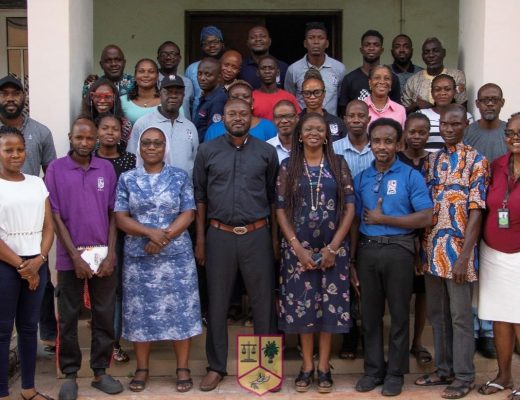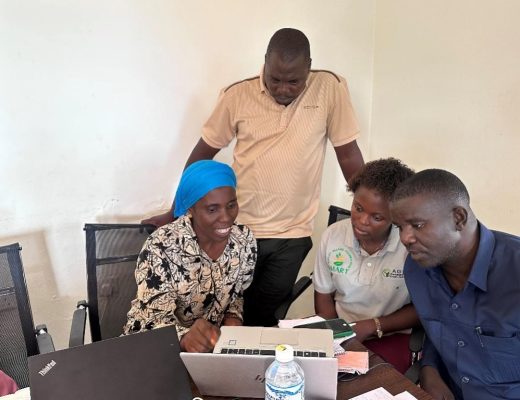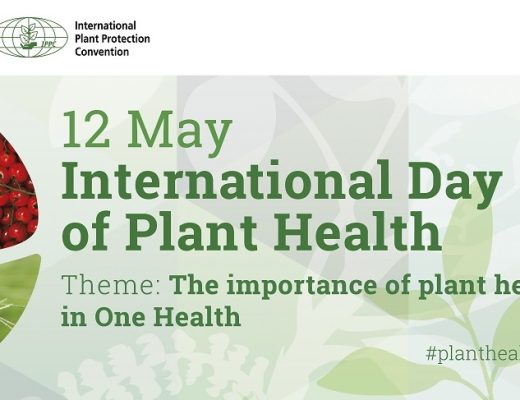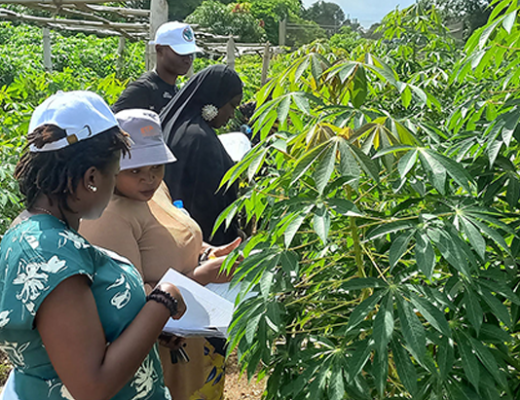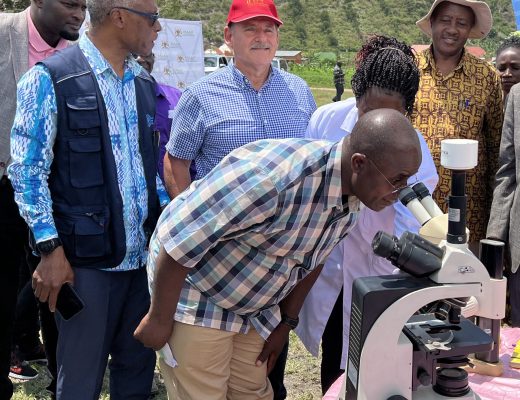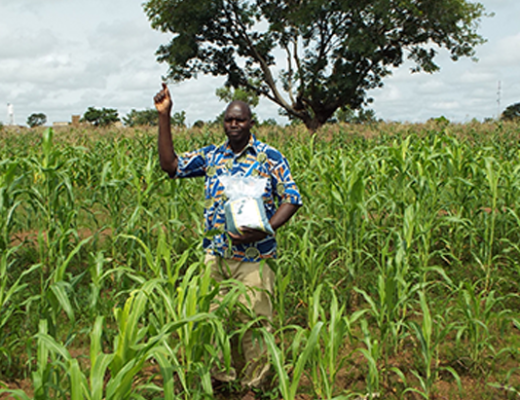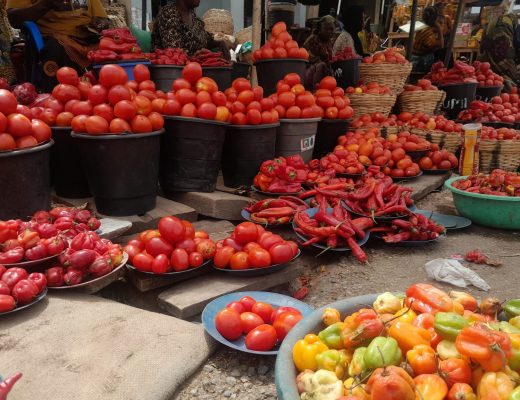Banana is a staple crop in Uganda, providing millions of people with food, income, and employment. Despite its production potential exceeding 70 tons per hectare per year, the sector faces…
-
-
Western Africa
Catalyzing inclusive agricultural development: JDPC Ibadan staff undergo training on gender transformative approaches in agrifood systems
In a bold move to address deep-rooted gender norms and foster inclusive development through staff capacity strengthening, the Gender Equality and Inclusion Accelerator conducted a pilot training on Gender Transformative Approaches…
-
Eastern Africa
Driving Gender Equality in Agri-Food Systems: Reflections from a Pilot Training Course on Gender Transformative Approaches in Tanzania
Persistent gender inequalities within agrifood systems limit equitable access to resources, decision-making power, and economic opportunities. Recognizing the need for systemic change, the Gender Equality and Inclusion Accelerator conducted a pilot…
-
The United Nations designated 12 May the International Day of Plant Health (IDPH) to raise global awareness of how protecting plant health can help end hunger, reduce poverty, protect biodiversity and the…
-
IITA programs focus on effective solutions from nature and use advanced technologies, data, and AI tools to manage various endemic, emerging, and invasive pests that threaten food production in sub-Saharan Africa.…
-
Science Blog
Biological control without borders: IITA’s leadership in sustainable plant health solutions
Inaugural releases of biocontrol agents against the mango mealybug, attended by the State Minister for Agriculture Hon. Fred Bwiino Kyakulaga, FAO and senior government officials, and IITA’s Georg Goergen (Image Credit:…
-
The native biocontrol agents are being used to control notorious food-borne toxins in 15 countries in Africa. Across Africa and much of the tropical world, farmers growing maize, groundnut, sorghum, and…
-
Science Blog
Invisible threats: Addressing food safety risks in Africa’s informal markets to protect future generations
Have you ever paused to ponder the safety of the food on your plate? It is a question often overshadowed by concerns of availability and nutritional value, especially in many African…

